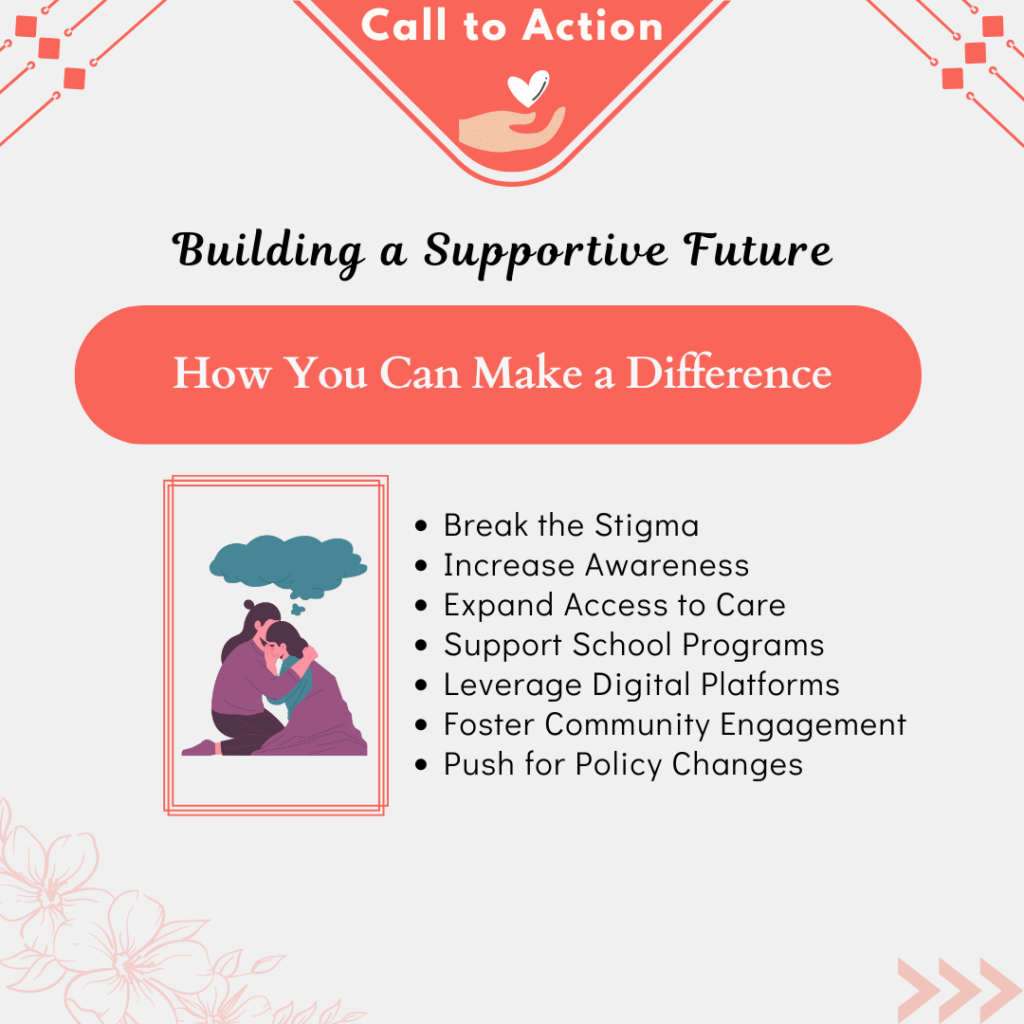
Unmasking the Crisis: A Deep Dive into India’s Mental Health Challenges
A Growing Concern
Mental health is more than just the absence of illness; it’s the cornerstone of our overall well-being and functionality. Yet, in India, mental health challenges remain largely hidden, and the true scale of the crisis is often underestimated. It’s time to shed light on this pressing issue and understand the urgent need for change.
The Invisible Burden
The World Health Organization (WHO) reports that India faces a significant mental health challenge, with an estimated 2443 Disability-Adjusted Life Years lost per 100,000 people. (DALYs- accounts for the total years of healthy life lost due to illness, disability, or premature death, reflecting the overall impact on quality of life).
Additionally, the country’s age-adjusted suicide rate is 21.1 per 100,000 people, highlighting the seriousness of the mental health crisis. The economic impact is also substantial, with projected losses of USD 1.03 trillion due to mental health conditions from 2012 to 2030.
The Real Barriers
-
- Widespread Stigma: Mental health issues are often stigmatized in India, leading to a lack of open discussions and discouraging individuals from seeking help.
- Reluctance to Seek Help: Cultural attitudes that view mental health challenges as personal weaknesses deter many from seeking professional care
- Shortage of Resources: A significant shortage of mental health professionals and facilities, especially in rural areas, limits access to care.
Finding solutions
Despite these challenges, there are promising solutions on the horizon. School-based interventions, such as life skills programs, have shown effectiveness in improving mental health among adolescents. These programs help reduce depressive symptoms, enhance cognitive abilities, and promote overall well-being.
Additionally, digital platforms are emerging as valuable tools for providing accessible mental health support, a resource that has become especially important in the wake of the COVID-19 pandemic.
Building a Compassionate Future

-
- Break the Stigma: Engage in open conversations about mental health and encourage individuals to seek help.
- Increase Awareness: Support educational campaigns and media initiatives that inform the public about mental health issues and resources.
- Expand Access to Care: Advocate for increased funding and resources to address the shortage of mental health professionals and facilities, especially in rural areas.
- Support School Programs: Promote and implement life skills and mental health programs in schools to equip young people with essential coping skills.
- Leverage Digital Platforms: Utilize online mental health resources to provide accessible and anonymous support to those in need.
- Foster Community Engagement: Encourage local communities to create supportive environments that embrace mental health discussions and provide assistance.
- Push for Policy Changes: Advocate for policies that enhance mental health services, integrate them into primary care, and ensure affordable treatment options.
Final Thoughts
Let’s start this journey together. Your awareness and compassion can be the catalyst for change in the lives of those affected by mental health issues. Let’s make mental health a priority and ensure that no one has to face this struggle alone.



